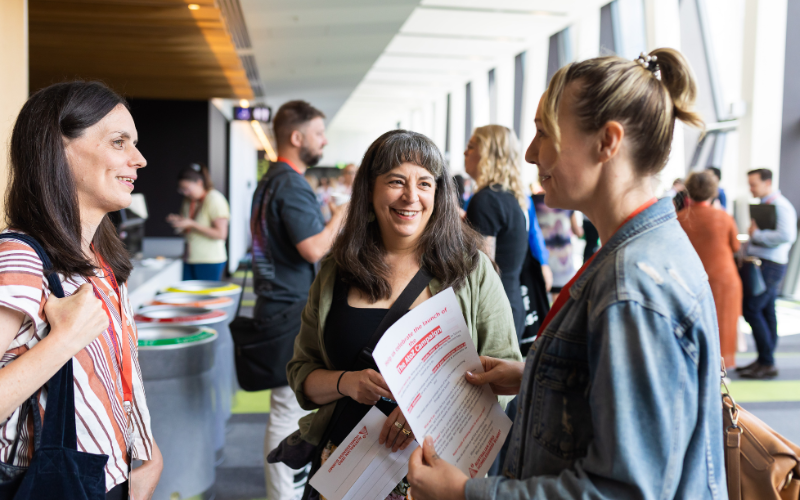Australia is in the depths of a homelessness crisis, with over 122,000 people lacking a permanent home. This problem affects First Nations people disproportionately, as they represent 20% of those experiencing homelessness. The lack of affordable housing and underfunded government responses have made the situation worse.
Advance to Zero (AtoZ) is a nationwide initiative tackling this crisis. Inspired by successful international models, AtoZ helps local communities implement proven solutions. They work with local organisations to create a plan, track individuals experiencing homelessness, and use data-driven approaches to reduce homelessness.
The results from AtoZ are promising. Since 2020, it has helped house over 4,000 people and achieved measurable reductions in homelessness in three communities. The programme has also secured government funding and expanded to 29 partner communities. The AtoZ model offers a hopeful path forward, empowering communities and influencing national policy discussions to create a better future for Australians where, when homelessness does occur, it is rare, brief and non-recurring.









